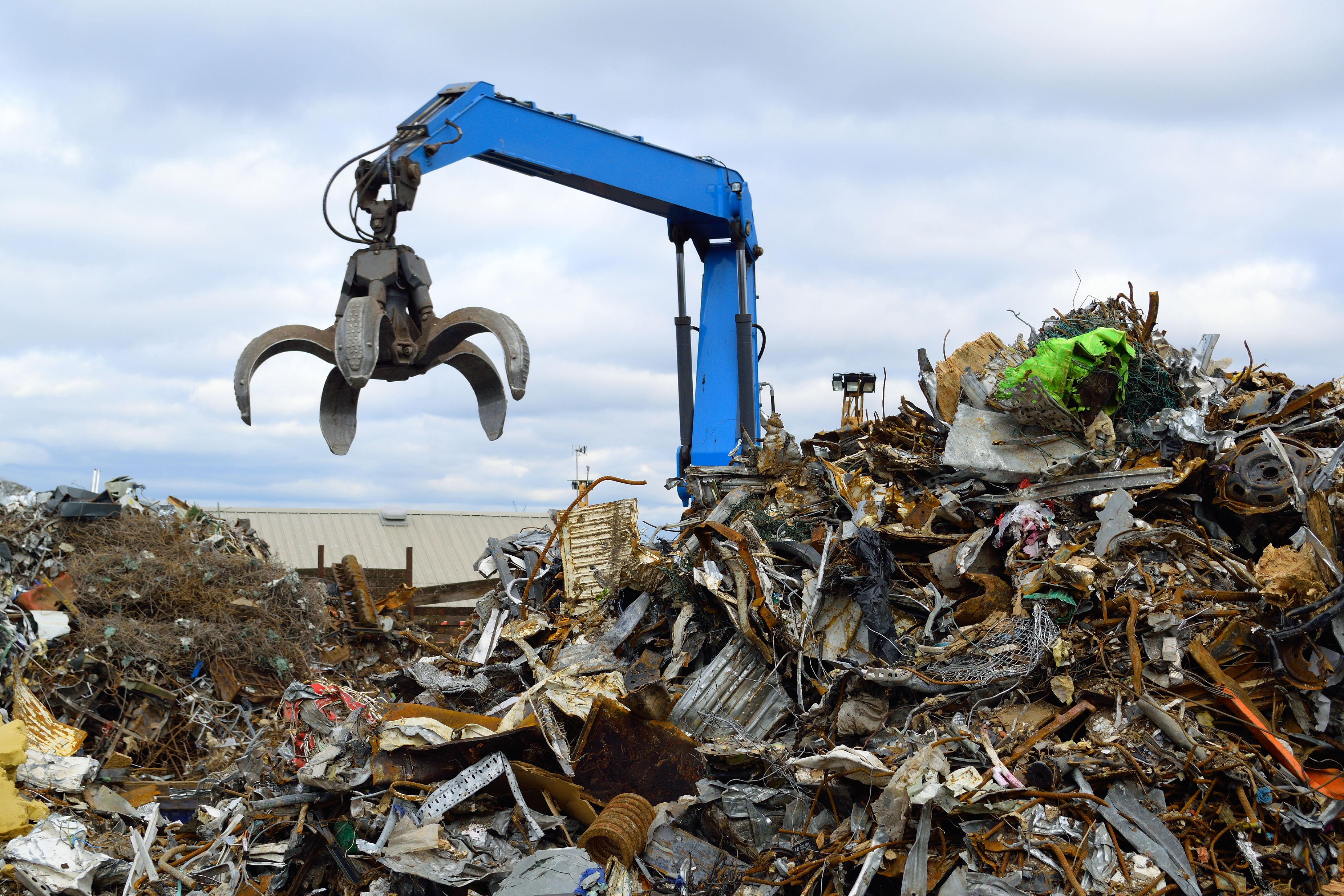Ghana’s Scrap Dealers Push for Urgent Regulations Amid Rising Criminal Activity

Amid a surge in criminal activity within Ghana’s scrap metal trade, scrap dealers across the nation are calling on the government to swiftly implement stringent regulatory measures to restore order and protect legitimate businesses.
The scrap metal industry, which plays a crucial role in Ghana’s informal economy, has faced increasing threats from criminal infiltration, with dealers reporting widespread theft of public infrastructure materials such as electrical cables. These stolen metals are often sold cheaply to unscrupulous fabrication companies, melted down, and repurposed into construction materials like roofing sheets—undermining both industry integrity and national assets.
According to the Ghana Integrated Iron and Steel Development Corporation (GIISDEC), the absence of a clear regulatory framework has left the industry vulnerable to exploitation. “We’ve discovered that some fabrication companies are exploiting the loophole—buying government electrical cables cheaply, melting them down, and turning them into roofing sheets for profit. This must stop,” said GIISDEC CEO Williams Okofo-Dateh at a recent stakeholder meeting.
The meeting, organized by the GIISDEC, brought together industry players from across Ghana to discuss the deteriorating situation. Many dealers voiced frustration over declining profits, despite their labor-intensive efforts in collecting and transporting scrap. “Prices are too low. We gather these materials, but the returns don’t match the effort. It’s discouraging,” one dealer remarked.
Compounding these challenges is the inability of local steel mills to secure a consistent supply of quality scrap due to erratic pricing and a lack of transparency in the supply chain.
In response, GIISDEC and relevant authorities are collaborating to formalize the sector through licensing, monitoring mechanisms, and crackdowns on illegal activity. The goal is to establish a safer, more transparent, and economically viable scrap metal market.
The call for regulation comes at a time when West Africa is seeing increased industrialization, and the demand for recycled metals is projected to rise. Analysts suggest that formalizing the scrap sector could boost economic resilience, create jobs, and reduce environmental degradation through better waste management.
Williams Okofo-Dateh stressed that the aim of the upcoming reforms is not to frustrate legitimate businesses but to protect the industry and promote sustainable development. “We’re calling on all genuine scrap dealers to come forward and support the process. This is about protecting your business and the country’s interest,” he added.
As the Ghanaian government begins rolling out reforms, industry stakeholders remain cautiously optimistic, hoping these changes will help legitimize the trade and promote sustainable development.
Source: 3News






